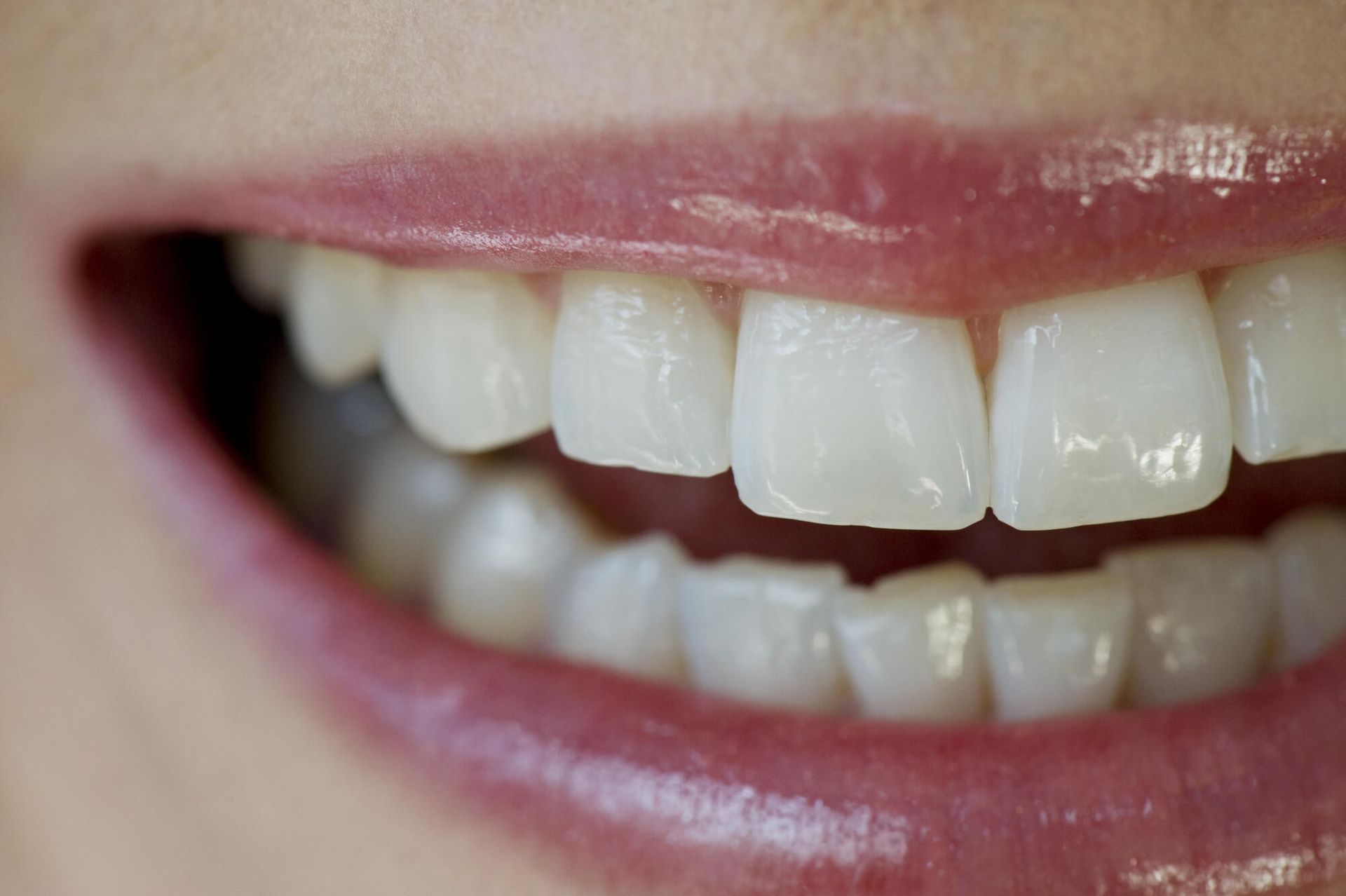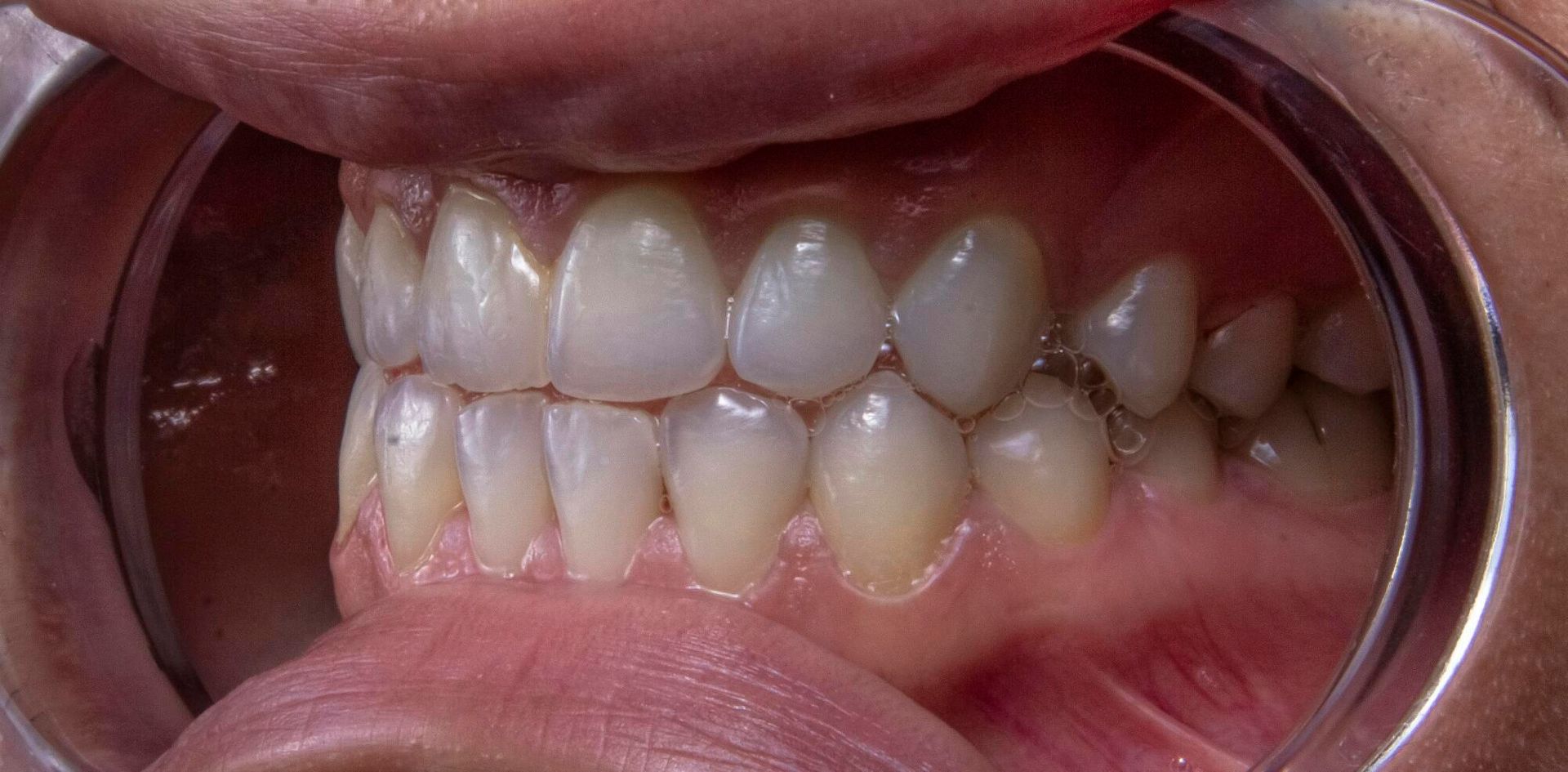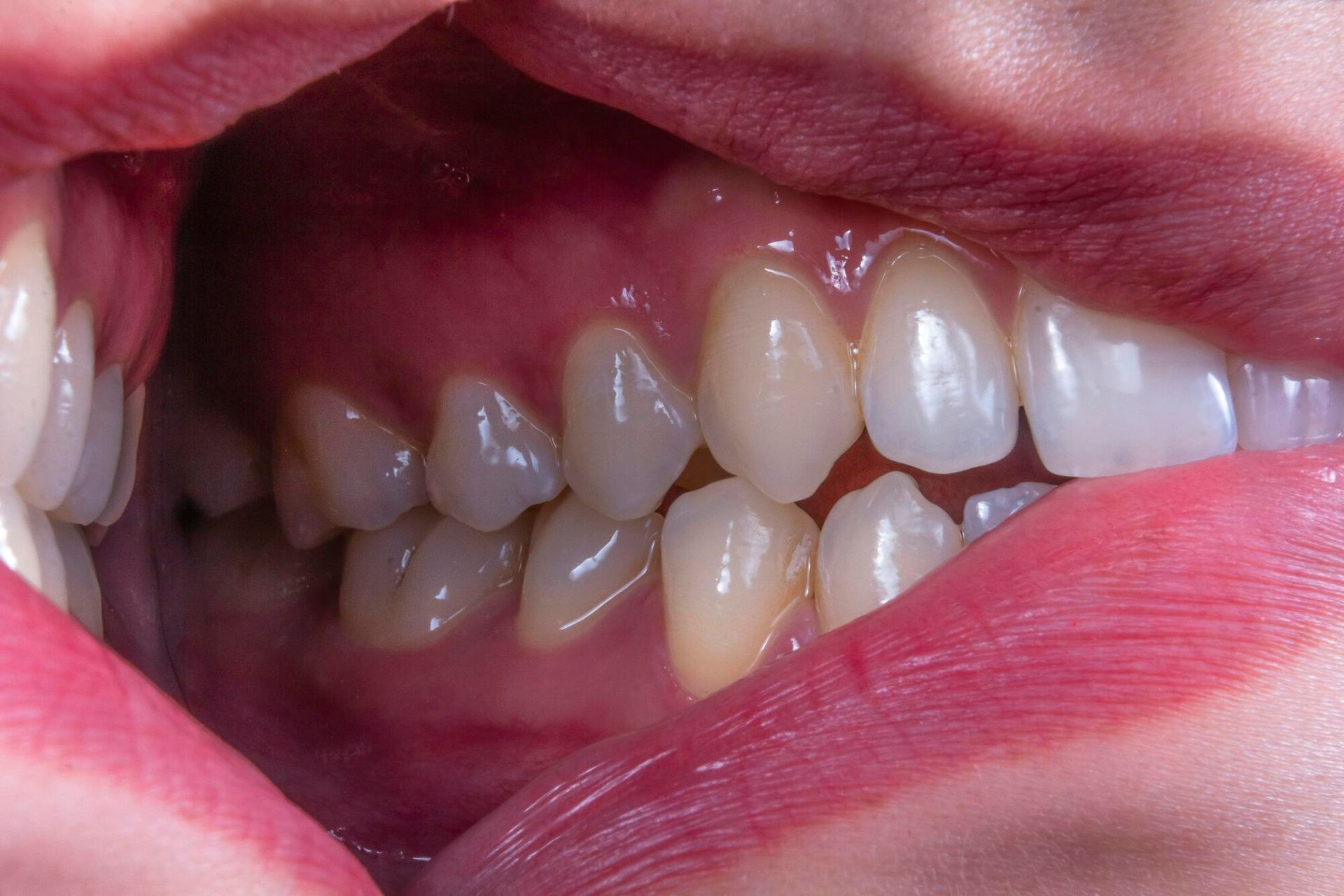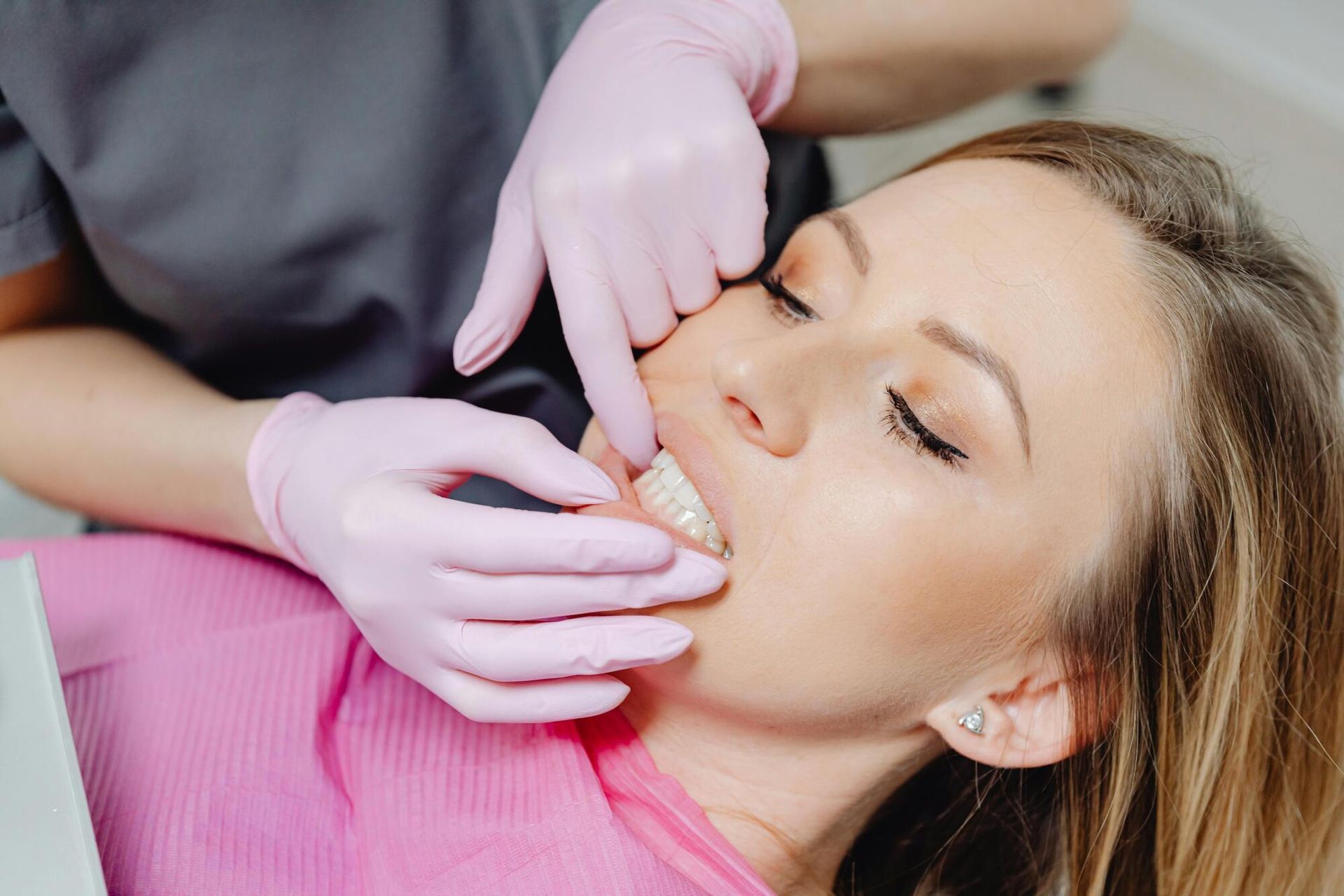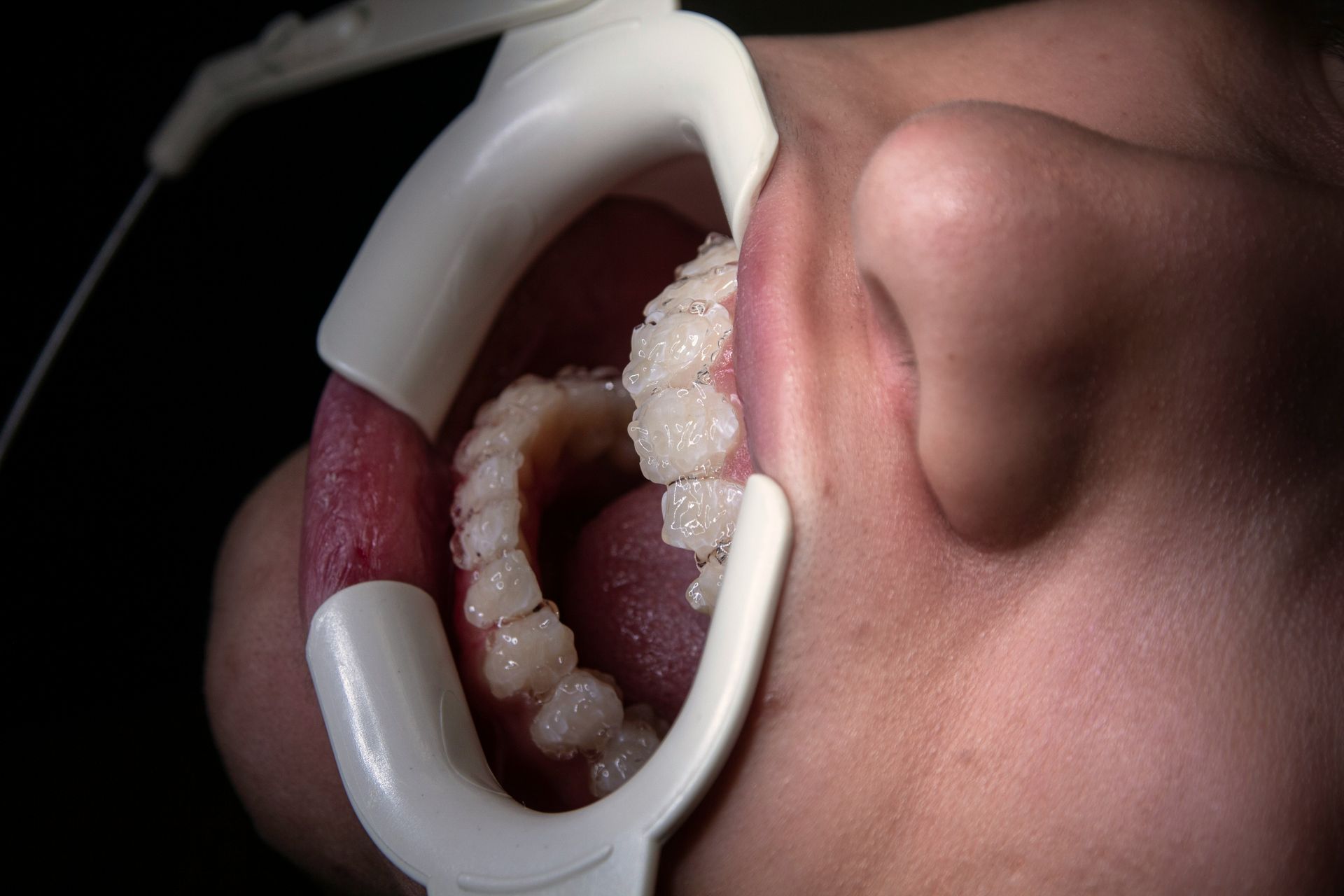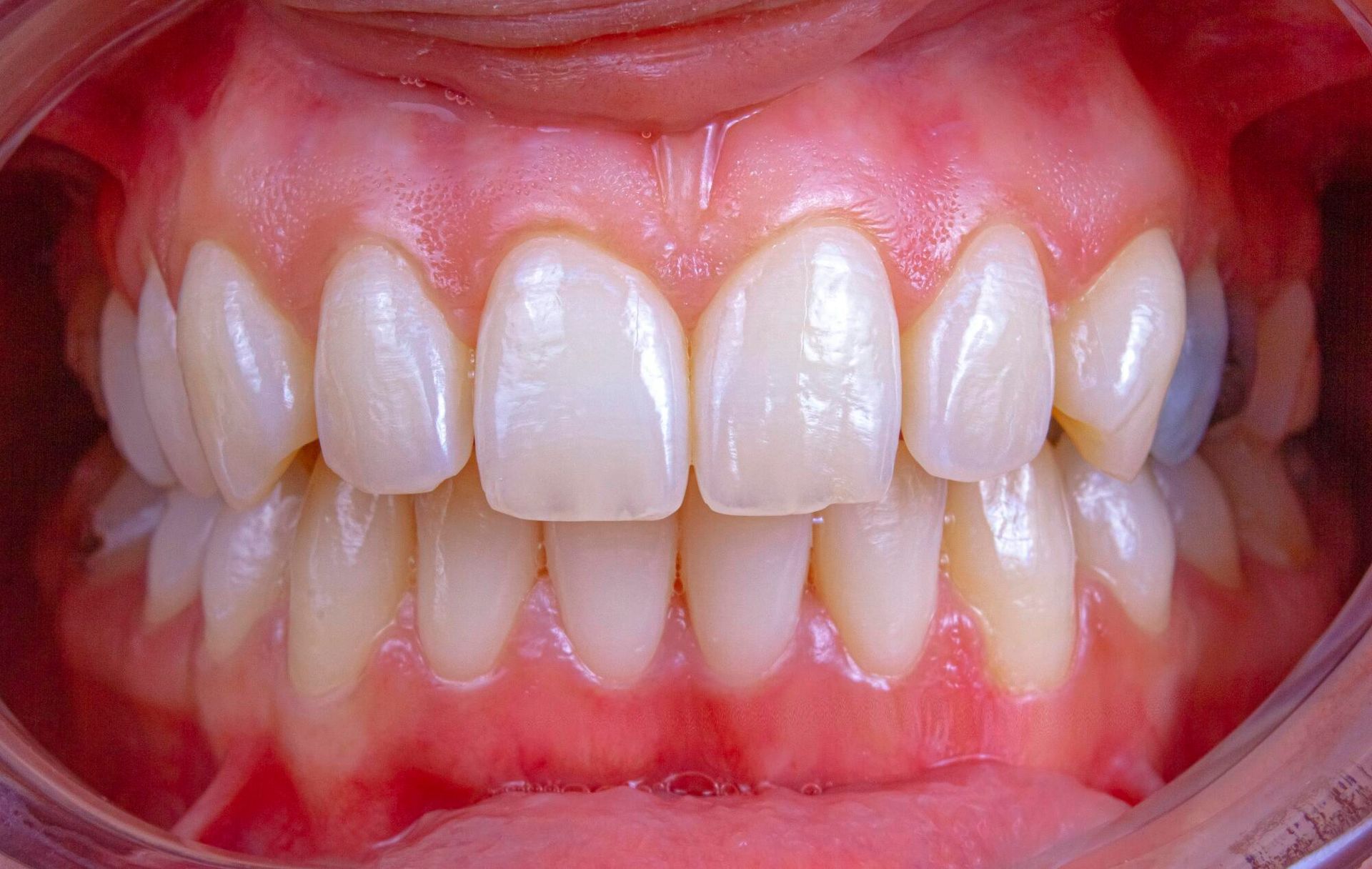How to Know If You Need Restorative Dental Work
Are you hesitant to smile or struggle with daily activities due to dental issues? Oral discomfort can make eating, speaking, and socializing difficult, affecting your confidence and well-being.
Restorative dental treatments provide effective solutions to restore teeth's health, function, and beauty. By understanding the signs that indicate the need for professional intervention, you can take the first step toward a healthier smile.
Keep reading to discover how restorative dental work can improve your quality of life.
Understanding Restorative Dental Work
Restorative dental work involves diagnosing and treating oral diseases to restore the function and aesthetics of your teeth. Procedures range from simple fillings to complex dental implants, aiming to repair damaged teeth or replace missing ones. The primary goal is to ensure optimal oral health and functionality.
Why Restorative Dental Work Matters
Oral health is a critical aspect of overall well-being. When teeth are damaged or missing, they affect more than just appearance. They can lead to difficulty chewing and speaking and even increase the risk of additional health complications.
Untreated dental issues may cause infections that spread to other body parts. Seeking timely restorative dental treatments helps prevent these complications while enhancing both function and confidence in your smile.
Key Indicators You Might Need Restorative Dental Work
Identifying the need for restorative dental treatments can prevent further deterioration and costly procedures. Here are some critical signs to watch for.
Persistent Tooth Pain
Continuous tooth pain clearly indicates underlying issues such as decay, infection, or nerve damage. Ignoring this pain can lead to more severe problems, including abscesses.
Promptly consult a dental professional to address the root cause and prevent further complications. When is tooth pain a concern?
- If the pain lingers for days or weeks
- When sensitivity to hot or cold foods worsens
- If chewing becomes painful
- When swelling or pus accompanies discomfort
Chipped or Cracked Teeth
Teeth can become chipped or cracked due to trauma, grinding, or biting hard objects. Damaged teeth are susceptible to infection and further breakage. Restorative dental treatments such as bonding, crowns, or veneers can repair and protect these teeth, restoring their appearance and function. Consequences of ignoring a damaged tooth include:
- Increased risk of infection
- Weakened tooth structure
- There is a greater likelihood of requiring a root canal or extraction
Missing Teeth
Missing teeth affect your smile and can lead to shifting of adjacent teeth, bone loss, and difficulties in chewing and speaking. Restorative dental solutions like dental implants, bridges, or dentures can replace missing teeth, maintaining the integrity of your oral structure and improving quality of life.
Reasons you should replace missing teeth include the following:
- It prevents neighboring teeth from shifting
- Reduces bone loss in the jaw
- Enhances bite alignment and overall oral function
Difficulty Chewing or Speaking
If you experience discomfort while chewing or notice slurred speech, it could be due to damaged or missing teeth. These issues can hinder your ability to enjoy food and communicate. Addressing them with appropriate restorative dental treatments can enhance your daily interactions and nutritional intake.
Old or Failing Dental Work
Previous dental restorations, such as fillings, crowns, or bridges, can deteriorate over time. Updating these restorations ensures continued protection against decay and maintains teeth's functionality.
Signs of failing dental work include:
- Sensitivity or discomfort near restored areas
- Discoloration around existing restorations
- Loose or missing crowns or fillings
Common Restorative Dental Treatments
Understanding the available dental services can help you make informed decisions about your oral health. Here are five prevalent restorative dental treatments.
1. Dental Fillings
Dental fillings are used to repair cavities. They restore the tooth's structure and prevent further decay. Materials used include:
- Amalgam
- Composite resin
- Porcelain
Each of these offers durability and aesthetic benefits.
2. Crowns
Crowns are caps placed over damaged teeth to restore their strength, size, and shape. They protect weakened teeth and improve their appearance, especially after procedures like root canals.
3. Bridges
Dental bridges are designed to replace missing teeth by anchoring artificial teeth to adjacent natural ones or implants. They restore the ability to speak and chew properly, preventing remaining teeth from shifting.
4. Dental Implants
Implants are artificial tooth roots surgically placed into the jawbone, providing a permanent base for replacement teeth. They offer a durable and natural-looking solution for missing teeth and preserve bone health and facial structure.
5. Dentures
These are removable appliances that replace missing teeth and the surrounding tissues. Dentures may be complete (replacing all teeth) or partial (replacing some teeth), improving aesthetics and functionality.
Benefits of Restorative Dental Work
Restoring and maintaining oral health is essential for both function and appearance. Investing in restorative dental treatments offers numerous advantages:
- Enhanced oral function: Restored teeth improve chewing and speaking abilities
- Aesthetic improvement: Treatments strengthen the appearance of your smile, boosting self-confidence
- Prevention of further damage: Addressing issues prevents more severe problems and potential tooth loss
- Improved overall health: Good oral health is linked to better overall health, reducing risks of conditions like heart disease
Psychological Benefits of a Restored Smile
A healthy, complete smile can positively impact self-esteem and social interactions. Addressing dental issues can improve quality of life. People with restored teeth tend to:
- Smile more
- Engage confidently in conversations
- Feel less anxious about their appearance
When to Consult a Professional
If you experience any of the mentioned indicators, it is essential to seek professional advice. Regular dental check-ups allow for the early detection and management of potential issues.
Restorative dental professionals can assess your condition and recommend appropriate treatments tailored to your needs.
Restore Your Smile With Restorative Dental Work
Do not let dental issues compromise your quality of life. Restorative dental treatments offer practical solutions to enhance both function and appearance.
At Smart Smile Dental in Orange, CA, Dr. Lori Bagai and her dedicated team are committed to delivering exceptional dental care. By focusing on achieving outstanding results and staying abreast of the latest dental technologies, we ensure you receive the highest-quality treatment.
Schedule an appointment today to begin your journey toward a healthier, more confident smile.
